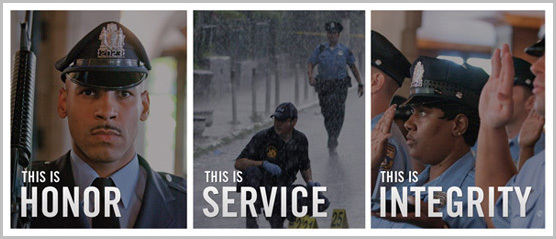Judges, Attorneys, and other court personnel may be at risk of secondary or vicarious trauma. Research on secondary or vicarious trauma initially focused on professions such as doctors, nurses, emergency responders, counselors, therapists and other helping professions who were repeatedly exposed to the traumatic events that affected the people they were charged with helping. The fifth edition of the Diagnostic and Statistics Manual (DSM-5) was released in May 2013 and for the first time included vicarious trauma defined as “repeated of extreme exposure to details of the event(s).” Exposure through pictures or media to someone else’s trauma did not qualify unless it was related to work. This is exactly what happens in a courtroom every day. The repeated exposure to detailed accounts, pictures and videos of traumatic events that affected someone else is a daily occurrence for judges, attorneys and other courtroom personnel.
For many judges, lawyers, other courtroom personnel and jurors, the violent, disturbing reality they witness inside and outside the courtroom as part of their work can become debilitating. Vicarious trauma, also called compassion fatigue, can cause a person to develop Post Traumatic Stress Disorder if they experience a life-threatening event or are exposed to witnessing such an event. The seeds of vicarious trauma are sown as legal professionals and courtroom personnel start to relive the experience of seeing the evidence involved in a case or cases. In doing so, they may become overwhelmed, isolated, distant, anxious and depressed. As a helping professional , you become a reservoir of other people’s trauma – first-person accounts, crime scenes, autopsies, etc. It’s called counter-transference. Vicarious Trauma can hit after one case or after years of handling or overseeing disturbing cases.
Judges, Attorneys and other courtroom staff are expected to address each situation individually, listen impartially to witnesses and view other evidence. Today evidence comes in many formats, including grisly photos and videos or frightening emails, text messages and voice mails. Everyone is taking pictures and videos at crime scenes with dash cameras, body-worn cameras and smart phones. This repeated exposure to traumatic details that judges, attorneys and other courtroom personnel face daily, can lead to secondary or vicarious trauma.
Secondary / Vicarious Trauma Symptoms Include:
Physical Cognitive Emotional Spiritual
Sleeplessness Racing Thoughts Angry Questing Beliefs
Headaches Confusion Sad/Afraid Anger at God
Loss of appetite Nightmares Lost/ Numbness Loss of meaning
Elevated Blood Pressure Making Decisions Depression
Hyper-vigilance Forgetfulness Panic/Shock
Many courts are providing training for judges, attorneys and court personnel. TRAINING FORCE USA is a educational training company based in Tallahassee, Florida that provides such training classes. Thomas Gillan is a Certified Law Enforcement Instructor with TRAINING FORCE USA and is a leading expert in Compassion Fatigue – Vicarious Trauma, Stress and Self-Care. TRAINING FORCE USA offers a Four- Hour Class entitled Haunted By Their Work. They also offer an Eight-Hour Class entitled Compassion Fatigue Awareness – The Cost of Caring. This class includes Stress and Trauma Awareness and Management, Team Building, Developing Resiliency and Trauma Reduction Exercises.
For More Information Contact Clause Pechard at TRAINING FORCE USA by calling 850-251-1223
